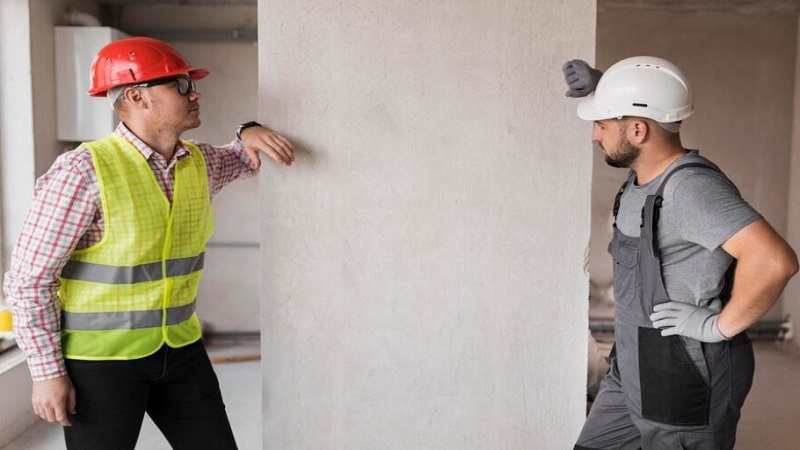Efficiency is paramount in the scope of construction. Time delays and cost overruns can significantly impact project timelines and budgets. Prefabricated concrete walls have emerged as a game-changer in the construction industry, offering many benefits that maximise efficiency. From streamlined processes to enhanced durability, these walls are revolutionising building construction.
Read on to explore the critical advantages of a prefabricated precast concrete wall and how it maximises efficiency in construction projects.
Streamlined Construction Process
Prefabricated concrete walls are manufactured off-site in controlled environments. This off-site production process allows simultaneous on-site preparation, significantly reducing project time. Unlike traditional on-site concrete casting, subject to weather conditions and site constraints, these walls can be produced year-round, ensuring consistent quality and faster project completion.
Cost Efficiency
Time is money in the construction industry, and prefabricated concrete walls offer significant cost savings. Developers can reduce labour costs and overhead expenses associated with prolonged project durations by accelerating project timelines. The controlled manufacturing process also minimises material waste, optimises resource utilisation, and reduces material procurement expenses.
Enhanced Quality Control
Quality control is a cornerstone of successful construction projects, and prefabricated concrete walls excel. Factory-controlled production ensures adherence to strict quality standards, resulting in consistently high-quality panels free from defects. Moreover, the controlled environment minimises variables that could compromise their structural integrity, guaranteeing superior durability and longevity.
Design Flexibility
They offer immense flexibility despite their prefabricated nature. Advanced manufacturing techniques allow for customising shapes, textures, and finishes, enabling architects and developers to realise their creative visions. Whether aiming to mimic the appearance of natural stone or integrate intricate patterns, prefabricated concrete walls can be customised to meet the aesthetic demands of any project.
Durability and Resilience
Concrete is renowned for its durability, and prefabricated walls inherit this robustness. By their compact structure and reinforced design, they exhibit exceptional strength and resilience against external forces such as wind, seismic activity, and fire. This inherent durability translates into reduced maintenance requirements and long-term cost savings over the building’s lifespan.
Environmental Sustainability
Sustainability plays an ever-growing role in construction practices, and prefabricated walls are in harmony with eco-conscious building standards. Compared to traditional construction methods, manufacturing generates less waste and consumes fewer resources, reducing the project’s carbon footprint. Additionally, concrete is highly recyclable, further enhancing its environmental credentials.
Improved Site Safety
Safety is paramount in construction, and prefabricated precast walls contribute to a safer work environment. With a significant portion of the construction process relocated off-site, on-site activities are streamlined and less prone to accidents. Moreover, the standardised production process reduces the need for manual labour and minimises exposure to hazardous conditions, promoting worker safety.
Rapid Installation and Assembly
These are designed for swift installation, minimising on-site disruptions and expediting project timelines. Once transported to the construction site, the panels can be swiftly erected, reducing labour requirements and allowing subsequent construction activities to proceed seamlessly. This rapid assembly process accelerates project completion and enhances overall project efficiency by optimising resource allocation and minimising downtime.
Versatility in Application
Prefabricated concrete walls find application across various construction projects, from residential developments to commercial complexes and industrial facilities. Their versatility stems from the ability to customise dimensions, finishes, and structural configurations to suit the specific requirements of each project. Whether used as load-bearing elements or architectural features, they offer unmatched adaptability, contributing to efficient and aesthetically pleasing construction solutions.
As the construction industry progresses, a prefabricated precast concrete wall emerges as a symbol of innovation and effectiveness. It fosters sustainable development and yields excellent results for developers, contractors, and stakeholders alike.
